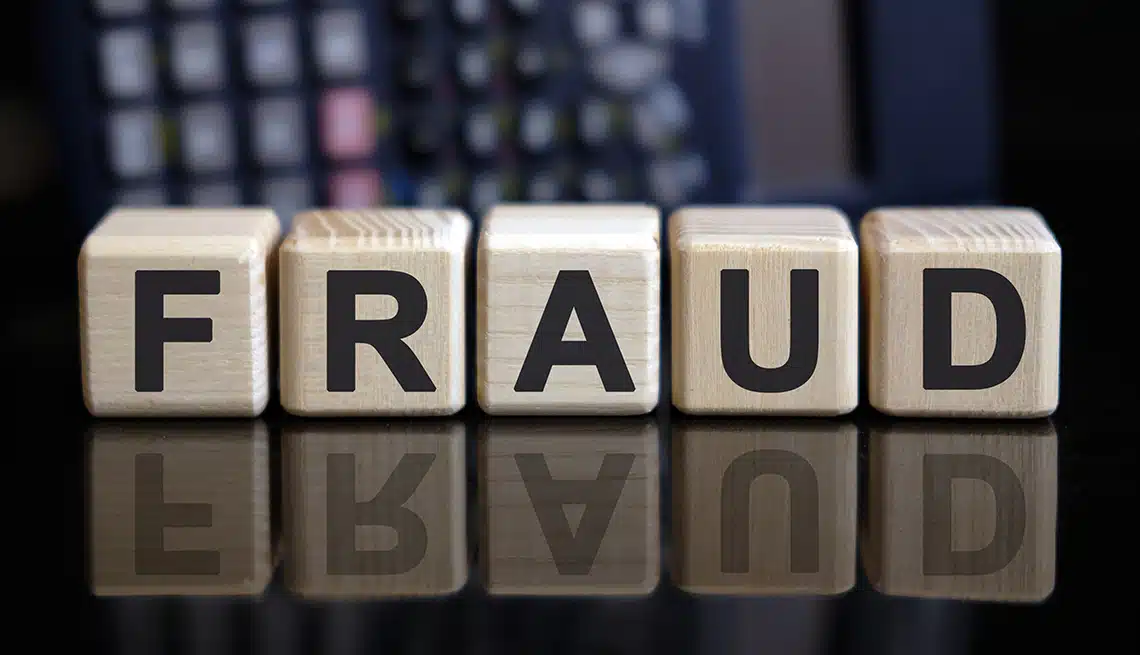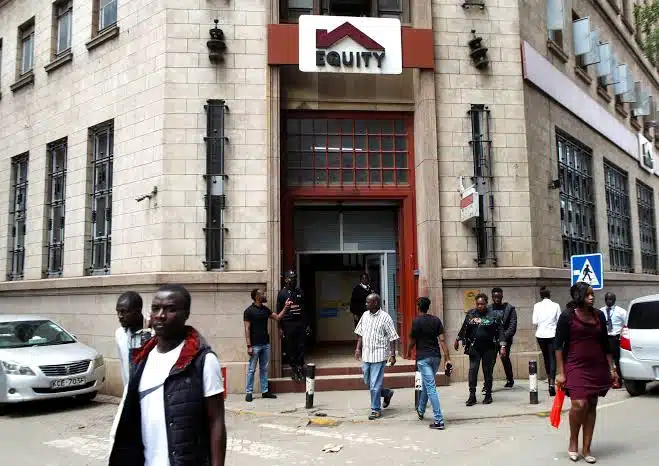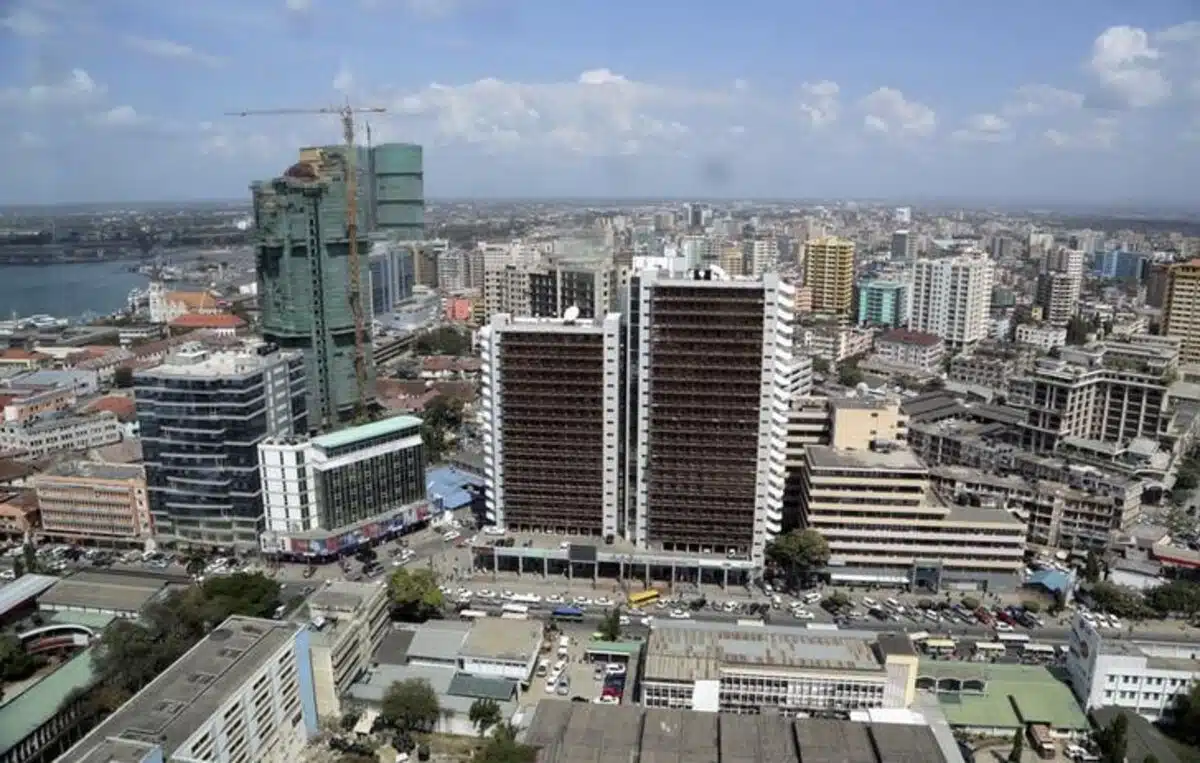Five of Nigeria’s largest banks by assets— Zenith Bank, Guaranty Trust Bank (GTBank), United Bank for Africa (UBA), and First City Monument Bank (FCMB)—reported substantial fraud-related losses in the full year ended December 2024.
Collectively, the banks lost $5.2 million, with Zenith Bank bearing the highest loss at $3.4 million.
This development coincides with the rapid expansion of digital payments and electronic transactions in Nigeria’s banking sector. In 2024, electronic payment transactions soared to an all-time high of $702.6 billion, crossing the quadrillion threshold in naira (Nigeria’s local currency) and surpassing the previous year’s record by 79.6%.
Data from Nigeria Inter-Bank Settlement System (NIBSS) shows that the volume of transactions processed rose by 15.5% to 11.2 billion, up from 9.7 billion in 2023. The surge in e-transactions has been largely attributed to Nigeria’s cash crunch and the Central Bank of Nigeria (CBN)’s cashless policy, which limits daily cash withdrawals.
These transactions are primarily carried out via cheques, Automated Teller Machines (ATMs), Point of Sale (PoS), m-Cash, CentralPay, Remita, NIBSS Instant Payment (NIP), and mobile money, among other digital payment channels.
Fraud losses jump 246.6% as GTBank bucks the trend
A closer look at the financial records of the four banks reveals that fraud losses surged by 246.6% in 2024, rising from $1.5 million in 2023, as all banks except GTBank saw an increase in fraud costs year-on-year.
GTBank recorded a notable decline in both fraud cases and losses.
According to its audited financial statement, total fraud incidents dropped from 16,965 in 2023 to 15,544 in 2024, while total fraud losses fell to $103,718 from $129,593.
The bank also stated that no fraud events involved senior management or employees with significant roles in internal control.
For Zenith Bank, while fraud cases declined from 523 in 2023 to 497 in 2024, total fraud losses surged 13-fold to $3.4 million, up from $249,870.
Similarly, FCMB reported a rise in fraud-related losses, reaching $781,901 in 2024, compared to $591,902 the previous year, according to its unaudited full-year financial report.
Driven by a sharp increase in electronic fraud, UBA’s fraud and forgery losses climbed to $781,901, significantly higher than the $591,902 recorded in 2023. Although overall electronic fraud cases declined, this category accounted for the bulk of the bank’s losses, totalling $524,151.
Other fraud-related incidents that contributed to the bank’s losses in 2024 included cash theft/suppression, fraudulent withdrawals, fraudulent transfers, and fraudulent account openings.
None of the other banks disclosed the specific nature of the fraud cases they encountered.
However, a survey of 30 Nigerian banks by the Financial Institutions Training Centre showed that computer/web fraud, mobile fraud and fraudulent activities involving Point of Sale systems were the most prevalent cases recorded in the first nine months of 2024 – a trend that has been consistent since 2023.
Despite their frequency, these incidents accounted for only about 12% of total financial losses in the three months leading to September 2024.
Meanwhile, during the same timeframe, fraud involving e-naira, autopay, cash suppression, forged deposit ticket and other miscellaneous activities comprised the largest portion of total losses, representing approximately 56%.
The rising cost of fraud in Nigeria’s banking sector
Beyond these four banks, financial institutions across Nigeria suffered staggering losses to fraud in 2024.
According to the latest NIBSS Fraud Report, the industry recorded a total fraud-related loss of $34 million, representing a sharp increase of $22.5 million from the $11.5 million reported in 2023.
The report highlights a concerning trend: while the total number of fraud attempts has declined, the financial impact has grown exponentially.
Over the past five years, the amount lost to fraudulent activities has surged by 196%, coinciding with the expansion of Nigeria’s digital payments landscape.
Despite a 31% drop in total fraud cases from 101,624 in 2020 to 70,111 in 2024, the financial toll has skyrocketed by 350%, climbing from $7.1 million in 2020 to $34 million in 2024.
These figures raise serious concerns about the security of Nigeria’s digital payment ecosystem, as fraudsters continue to exploit vulnerabilities in the rapidly expanding financial system.
Financial analyst Bamidele Odende, speaking during a recent FinanceIn Africa webinar, attributed this rise to the evolving sophistication of fraudsters.
“As long as the financial ecosystem continues to expand and new players and trends emerge—like agency banking and digital platforms—fraud cases will continue to rise,” he warned. “It’s a war that is continuous.
Over time, we can win it, but only if providers implement the right strategies and consumers adopt them.”
Odende urged both banks and regulators to fortify their systems, noting that many Nigerian financial institutions have already begun investing significantly in technology upgrades.
Still, he stressed the need to protect consumers who have entrusted their finances to the system, calling for a more proactive and unified response.











